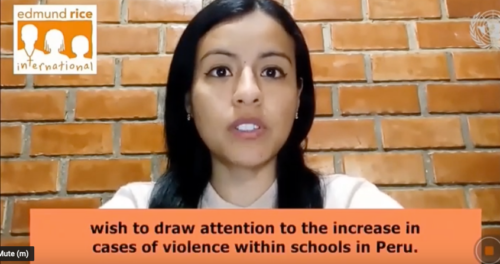ERI’s Further Activity During the 52nd Session of the UN Human Rights Council
ERI has delivered a further eight statements at the recently concluded Human Rights Council session. (The eight statements previously made were reported on in the March newsletter). Again, due to…

